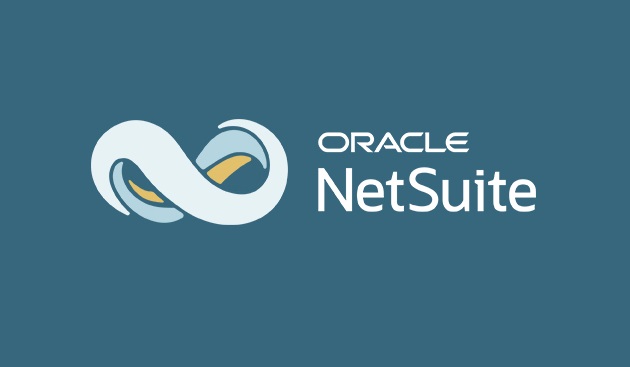Small business growth has boomed during the pandemic, with business applications growing substantially in 2021 as compared to 2020 and 2019. As these new businesses grow and scale – many of which are selling their services or products online – managing orders and purchases from across state lines and global borders while ensuring compliance with varying tax regulations becomes increasingly complex.
To successfully scale in today’s digital world, small business owners and online product sellers are more frequently turning to technology to automize processes and reduce backend work – such as manually researching and inputting unique regional sales taxes. Automated technologies help increase the speed of completing the sales process, therefore shortening the amount of time it takes for the customer to get their purchase. This added efficiency not only builds customer loyalty but also allows information to be readily available in real-time for reporting and decision making – enabling business owners to focus on what really matters: getting product into the hands of consumers and growing their businesses. Having access to automated and innovative technologies is no longer a nice-to-have, but instead a necessity for success in a globalized economy.
Integrated Accounting & Business Technology
As a small business owner, it’s extremely important to have visibility into all aspects of your business. Everything from inventory availability, to products sold, and overall accounting, can make or break your ability to be successful. However, it’s impossible to wear so many hats and do everything well – which is where integrated solutions can vastly improve your business operations and simplify time-consuming, backend, administrative work.
For product sellers or online retailers, inventory control is a massive organizational function and its complexity multiplies as your business grows. This is especially true for e-commerce businesses due to the number of items being sold, the competitive landscape and inherent volatility of the industry. The pandemic drastically sped e-commerce adoption, leaving online sellers compelled to streamline and optimize their business processes.
To optimize sales and overall operations, having access to a modern, integrated platform that automatically connects all aspects of your business – such as sales channels like Amazon or your own website, to your available inventory – helps keep everything organized, automatically records all sales, profit and loss, and stores that data when you need it for reporting and forecasting.
This is doubly important if you sell through multiple channels, including to both consumers and businesses, as business-to-business (B2B) selling requires deep integration into accounting software to effectively manage quoting, pricing, and contract terms. None of this is possible if your software doesn’t work well and integrate seamlessly with others. For instance, trading partners expect specific integrations to manage contracts with automation of the procurement to payment process. If you don’t have a platform that can integrate with various service providers (e.g. shipping integrators) required to fulfill contracts, business growth can be stymied as “one size fits all” solutions no longer apply when working with third parties.
Integrated, cloud-native solutions also automatically calculate shipping costs, regional taxes depending on where your product is being sold or sent, and can show you where an item is along the supply chain – from leaving the warehouse, to shipping, and ultimately when the item is delivered.
Gain Control Over Recordkeeping
Keeping track of business expenses manually or with legacy systems is nearly impossible in this day and age. With so many moving parts, working with third parties, and the increasingly digital aspect to business operations and sales, it can be extremely challenging to accurately track everything that’s coming and going from your company.
Investing in the right software for your business – and in one that’s able to grow with you as you scale – can save you countless time and money in the long run. By implementing this technology into all facets of your organization, you gain significant control over financial aspects such as total sales for a given period, taxes, compliance-related filings and all accounting recordkeeping. In turn, you can better plan out cash flow with better insights into fast- versus slow-moving product, expenses based on historical data, seasonal trends, and more – ultimately removing the guesswork from your finances and allowing you more time to focus on business functions that will enable you to expand and reach more people.
It’s also important to ensure your software is cloud-based because all business data is available to you at the tip of your fingers – no matter where you are at any given moment – and an increasing amount of business partners are expecting automated integration with their existing systems, thus making integrated, cloud-native software the industry standard. These technologies also allow employees to work remotely if needed, enhance productivity and allow for data to be backed up and automatically stored.
The costs of operating on legacy, on-premise accounting software are huge, but often well-concealed. While older platforms can invoice customers, record expenses and maintain a ledger, modern accounting products have native application programming interfaces (APIs) that enable powerful extensions to their core accounting – resulting in drastic improvements to efficiency and profitability. And as supply chain challenges, inflation, labor shortages and competition for talent become even more difficult in the months ahead, technology will be a determining factor to businesses’ success – and the sooner you implement an integrated software solution, the more prepared you’ll be for whatever comes your way.
=====
Jayson Naidoo is an accounting evangelist at Cin7, a provider of inventory and order management systems.
Thanks for reading CPA Practice Advisor!
Subscribe Already registered? Log In
Need more information? Read the FAQs




